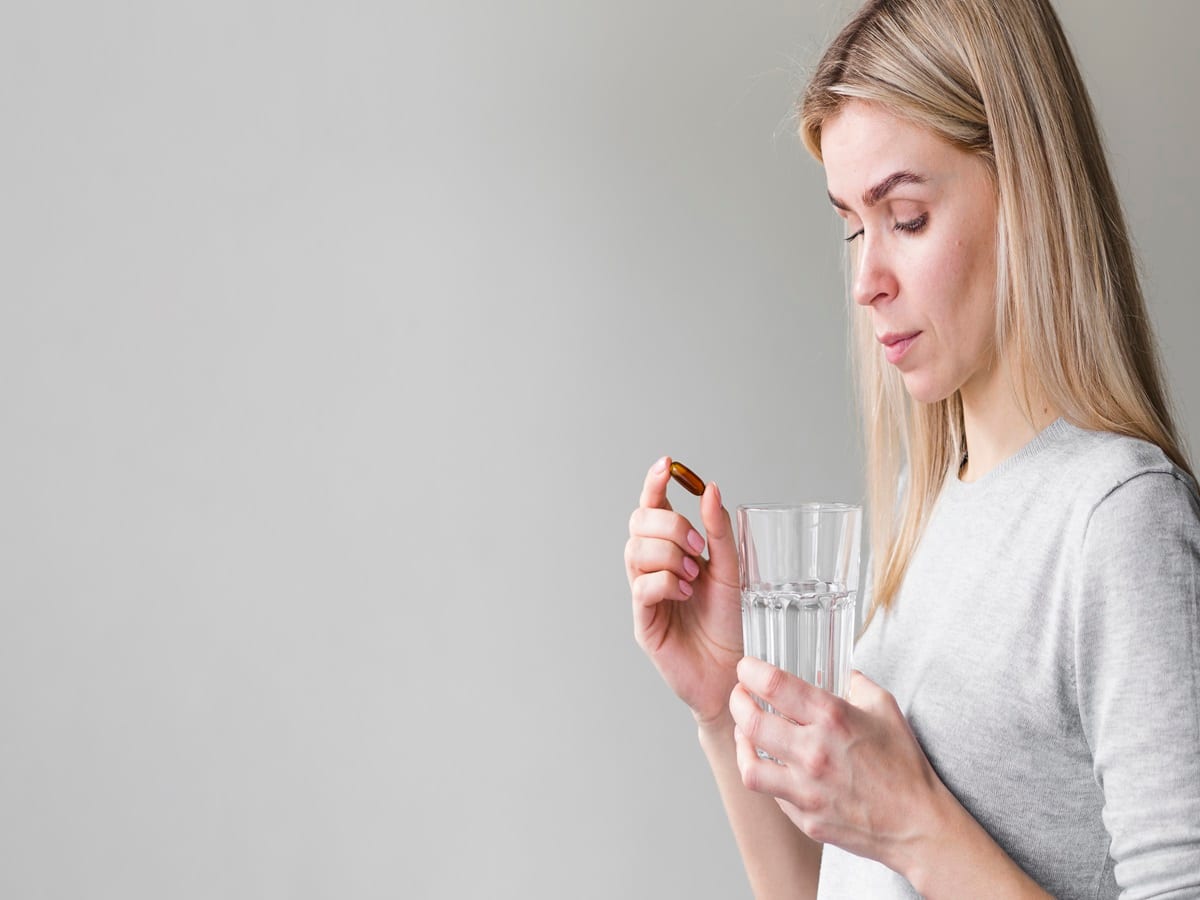Share this @internewscast.com

A new study revealed facts on the dangerous impact of supplements like vitamin D and calcium on women’s heart health. Read on to find out.
Taking vitamin supplements for better health has become a little too widespread in this day and age. The common perception is that if you have any type of deficiency or even no deficiency, vitamin supplements are your go to solution. People take supplements to build muscles, boost energy, nutritional quotient and even to sleep better. But is this a healthy habit? Experts say, no.
Firstly, vitamin supplements should never be taken without the doctor’s prescription and dosage. Secondly, supplements do not replace good food. Thirdly, they are only prescribed when a person is severely malnourished; even then proper moderation is maintained.
Are Women At Risk Of Heart Diseases Because Of Vitamin D And Calcium Supplements?
A new study conducted by the Women’s Health Initiative revealed new information regarding women’s health when they consume vitamin D and calcium supplements. Heart disease, cancer and arthritis are three diseases which specifically threatens women. This is the only reason women have been taking vitamin D and calcium supplements recommended by doctors over many years. However, new data revealed that, excessive calcium supplements have a chance of hardening the coronary arteries in the body. When this happens, there is a higher risk of blockage and clots thereby risking heart trouble and death. Calcium build-up in the body is very dangerous which is why experts say that even if calcium is essential to build women’s health, excess of it must be avoided.
How Are Vitamins Harmful For Women’s Health?
Firstly, no medicine should be taken in excess. Excess consumption is very hard to excrete and flush out from the body by the kidneys and livers. Excess build-up of waste may happen due to overconsumption which will slowly accumulate in the body, in the liver, kidneys, heart or lungs. This will render the liver and kidneys useless as they will not be able to function normally thereby leading to kidney and liver disease.
When women take vitamin D, it decrease their risk of cancer however, it also paradoxically increases their risk of heart diseases and other organ failures.














